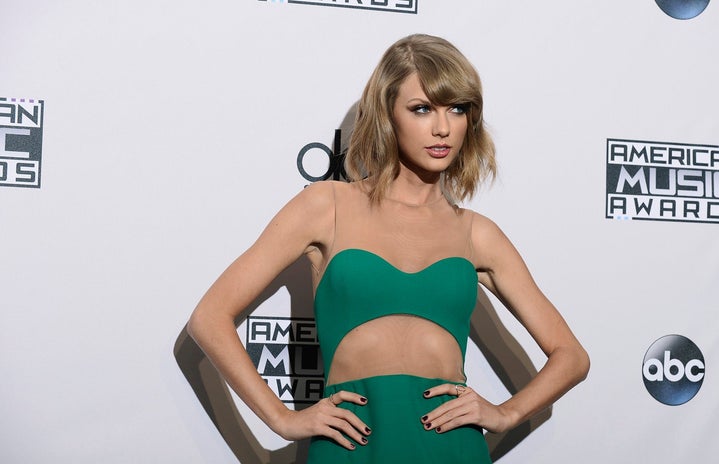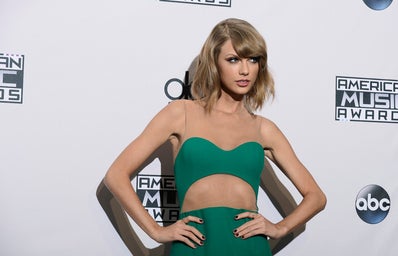If you’ve been on social media lately, there’s a pretty good chance you’ve read or heard the phrase, “she needs better media training” in recent news. Ever since last year when actress/singer Rachel Zegler caught the tabloids’ attention for her straightforward and brutally honest interviews, it seems like the internet has developed an obsession with the concept of “media training”, and loves to prescribe it to people they think are speaking out of turn. Even though there are people of every gender that take an unfiltered approach to public speaking, only the women seem to be shut down and reprimanded, saying they need to get more of some kind of magical training that makes them more palatable to the all-knowing internet trolls.
This is a pretty generalized statement, so let me provide you with some examples of times when women have been patronized and told to get back to studying, while men have gotten off pretty much scott-free after saying out-of-pocket things that do more harm than good.
First, let’s look more at the Rachel Zegler “controversy.” There are two specific instances that people cite when criticizing her media skills. The first was during a red carpet interview, when she was asked why she took a part in the most recent “Shazam!” movie.
“Because I needed a job,” she answered with a laugh. The internet immediately went for her throat, saying she should be grateful for a job in a multi-million dollar movie, that she was privileged to be there, and that she had no right to complain.
A little bit of an overreaction, I think. But soon, it started to bleed into other parts of her media presence. The second instance was when she was doing promo for her next movie, the live action “Snow White and the Seven Dwarves.” When asked about the differences between the older movie versus the new one, Zegler vocalized her pride in the fact that the new movie avoided some of the outdated stereotypes embedded in the older one. Again, she was attacked online. People rushed to defend the old movie, calling Zegler out and saying that if she fails to show more gratitude, she doesn’t deserve to be as successful as she is.
What these naysayers seem to forget about are the male actors who have said the same, if not worse, things about their debut projects. For example, both Robert Pattinson and Jacob Elordi talk frequently about the disdain they both hold for their first roles in the public eye. While I hold a great deal of respect for both of these men and agree that perhaps “Twilight” and “The Kissing Booth” aren’t necessarily what I’d want to be remembered for, I do think that it’s important to notice how each time they talk about their dislike for those jobs, there’s no one running to Tiktok, screaming about how they need to be “trained to act better.”
It’s not just employment related questions that social media chooses to let men get away with, it’s also public outbursts and rants that would result in women getting torn apart. When Donald Trump or Elon Musk tweet about politics, criticizing the “woke left” and calling “liberals” petty names and insults, they’re praised for their realness and honesty. When Taylor Swift tweets encouraging her fanbase to vote or shares a picture of homemade cookies she baked for a presidential candidate, she is scolded by the same people praising Trump and Musk. “Stay out of politics,” they say. “Stick to singing and dancing,” they say.
Speaking of Taylor Swift, her ongoing so-called feud with Ye — also known as Kanye West — ( began with him interrupting the then 19-year-old singer during her acceptance speech for her first ever Grammy award. Of course, the online reactions were,and still are, overwhelmingly in support of Kanye, saying he was right, and Beyonce,who he interrupted Swift in order to defend, did indeed deserve the award, so his interjection was totally excusable. Besides, that’s “just Kanye.” You can’t blame him for just being himself, right?
However, during the 2020 vice presidential debates between Mike Pence and Kamala Harris, when Harris interrupted Pence after he cut her off, social media immediately erupted into criticism. Her sharp interjection, where she said, “Mr. Vice President, I was speaking,” was branded as rude, offensive, and unprofessional. How was Kanye’s interruption of a teenager’s acceptance speech “just Kanye,” but a woman in politics reminding her coworkers of her right to finish her argument disrespectful?
It’s not only the double standard about criticism that’s frustrating, but also the way people on the internet make “helpful suggestions” towards more outspoken women. Not only does so-called “media training” not really exist in the way people may think it does, it’s also incredibly patronizing and old-fashioned to assume that anyone—- especially women—- need to be taught how to be more intentionally palatable. How to be pleasant and grateful, to be humble and self-deprecating, pretending you don’t think you deserve the recognition you’re getting. I mean, come on, didn’t the Barbie movie teach us anything? Women are allowed to be multifaceted and honest, to be real people just like their male counterparts. Saying they require someone to teach or show them how to be more approachable is regressive on so many levels.
While the commenters on social media talking about media training may not realize the harmful implications of what they’re saying, it’s important that we nip this newly trending phrase in the bud before it becomes a norm when speaking about girls and women in the public eye. Until we are able to recognize that female celebrities are humans too, just as much as male celebrities are, we are continuing to tell girls everywhere that they need to act a certain way in order to be palatable to society, whereas their male counterparts will be excused for their behavior time and time again.


